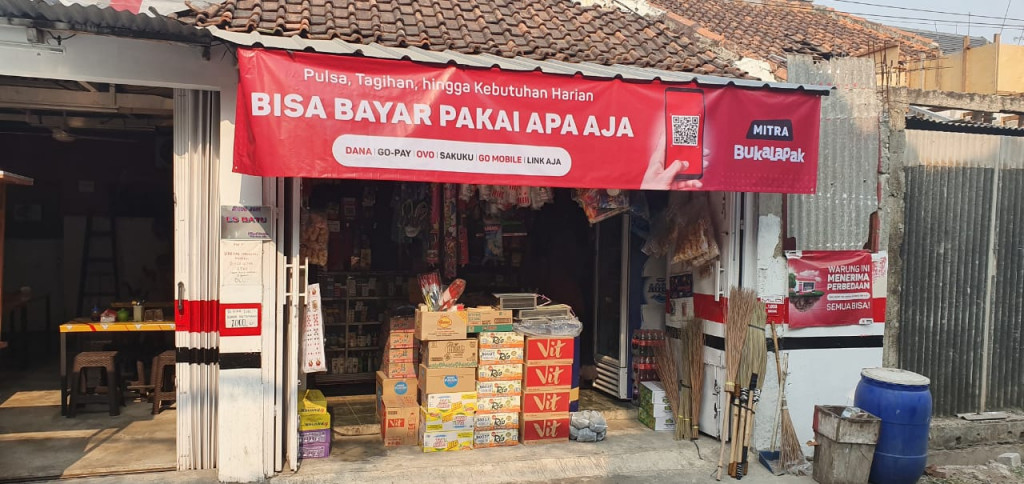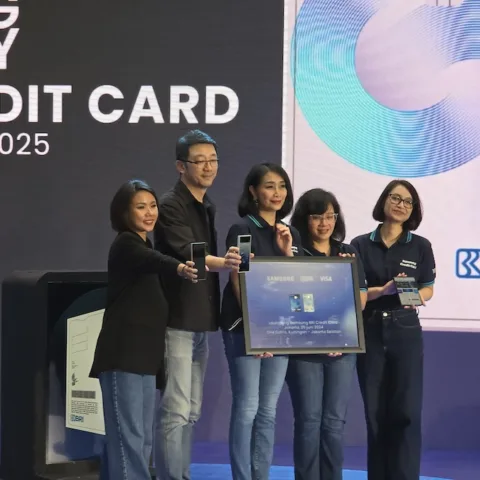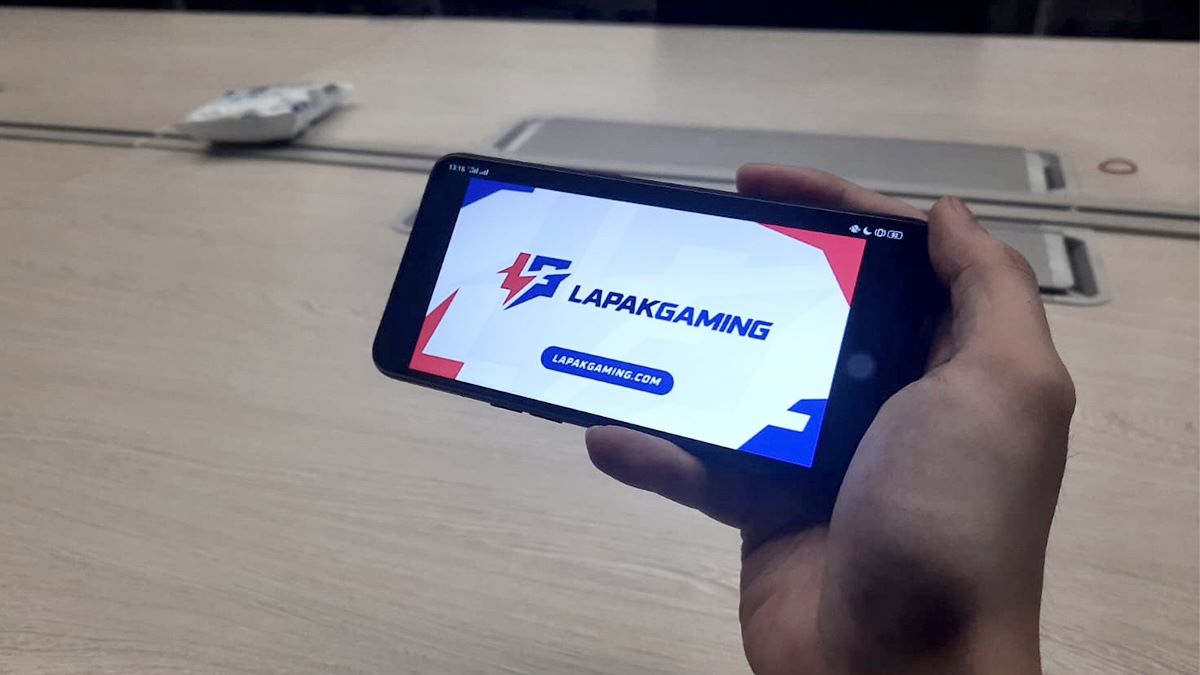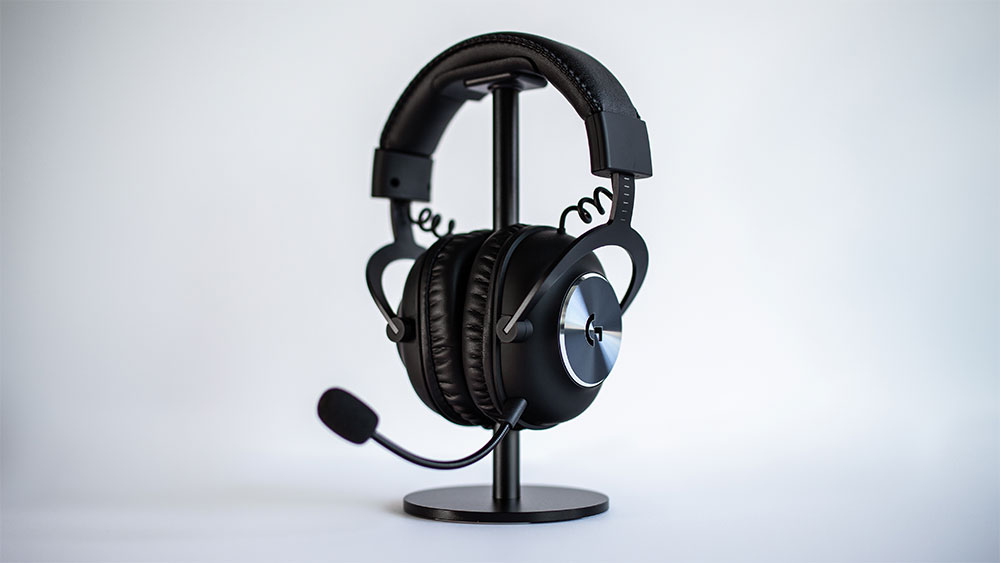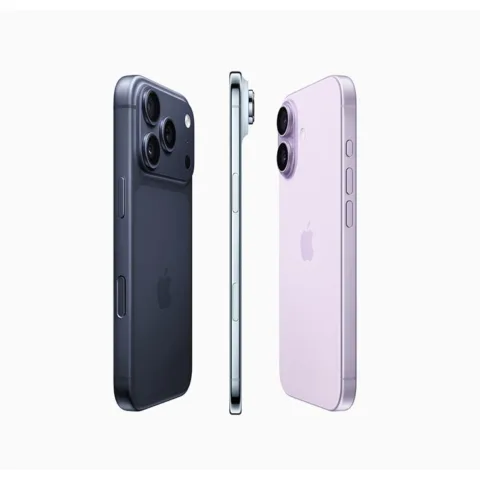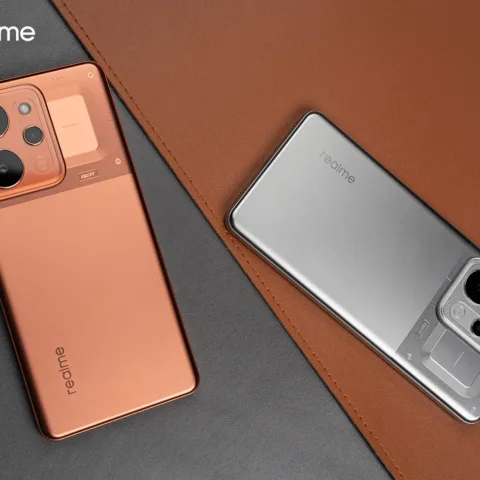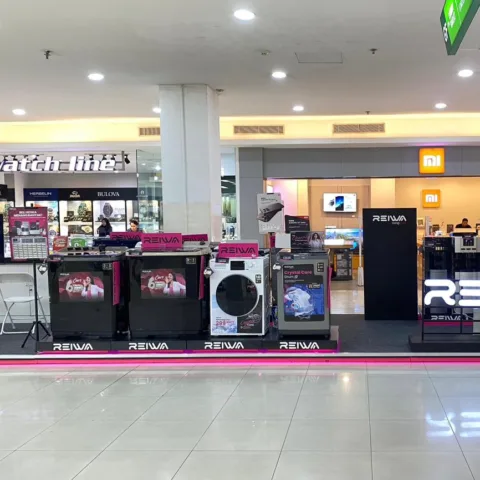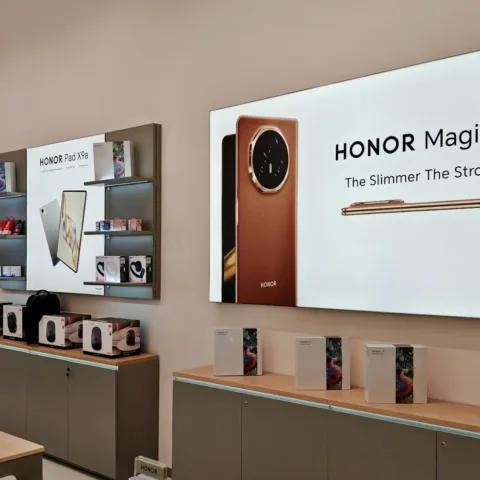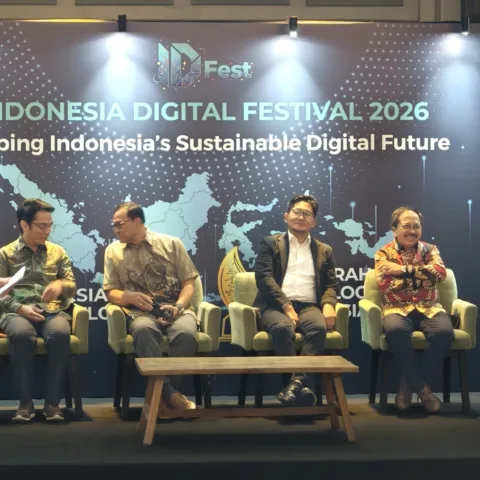The strategy to acquire small shops as financial agents is getting discovered by both corporations and startups. After BRI with Grab, Bukalapak collaborated with Bank Mandiri to realize the plan this year.
As reported by Reuters, Bukalapak and Mandiri will encourage the micro retailer segment by increasing the role of small shops as an officeless financial services agent. Both are developing a model for this collaboration.
By planting it as a financial agent, the small shops can help people without smartphones to access financial services, especially basic services such as opening saving account.
In contact with DailySocial, Bukalapak did not elaborate on further development plans of the financial services agent initiative with Mandiri. However, Bukalapak’s Director of Payment, Fintech and Virtual Products, Victor Lesmana, ensures that this cooperation is to empower Warung Mitra Bukalapak and utilize QRIS (Quick Response Indonesian Standard) for payment transactions.
The expectation is for Warung Mitra Bukalapak to become an ‘agent of change’ to open the way to financial inclusiveness. This is because SME still dominates 65% -70% of retail transactions in Indonesia. It means, its presence is expected to not only encourage economic prosperity but also help reduce economic inequality.
“This collaboration is to increase access to financial services, especially for the unbanked and underbanked population. The use of QRIS has placed Mandiri as the largest ATM network in Indonesia,” he said.
Furthermore, Victor said Warung Mitra Bukalapak now has access to the Kirim Uang feature. This feature allows shop owners to help people send money.
Meanwhile, since the early 2020, Bukalapak has launched several other features for Warung Mitra Bukalapak, Bayar Tempo, top-up e-money, and Jutawan to provide added value in revenue and capabilities. Since July 2020, there are 5.5 million Warung Mitra Bukalapak around 189 cities and districts throughout Indonesia.
DailySocial tries to reach Mandiri regarding this matter, but there has been no further response.
Financial access to the unbanked
The initiative from Bukalapak and Mandiri, adds a series of partnerships and similar services provided by Grab and BRI. In this case, BRI through BRILink and Grab Indonesia through GrabKios utilizes QRIS for payment systems.
As of June 2020, there were 429 thousand customers who became BRILink agents, 13 thousand of whom had already used the QRIS system. While GrabKios, which has been present since 2014, has pocketed more than 2.8 million partners with networks spread across 505 cities and districts in Indonesia.
This indicates how the financial and digital industries look at small shops as an appropriate touch point to reach unbanked and underbanked people.
Aside from small shops, the banking sector has also aggressively collaborated with startups to expand access to financial services in recent years by making it a front-end platform. The targeted vertical business platforms range from ride-hailing, marketplaces to P2P lending.
BRI, for example, has partnered with Grab, Tokopedia, and Traveloka to open financial access, such as opening saving accounts and online lending. Recently, BRI opened a special channel for entirely digital-based saving account opening, including the KYC process.
In addition, the financial industry is also anticipating the big plans for some banks to realize digital banks with new entities and branding. Despite the collaboration and products, banking and startup innovations want to support equal access to finance.
According to Google, Temasek, Bain & Company report in October 2019, there were 92 million Indonesians in the unbanked segment (50.83%), followed by the banked segment at 42 million people (23.20%), and the underbanked segment 47 million (25.97%).
–
Original article is in Indonesian, translated by Kristin Siagian

